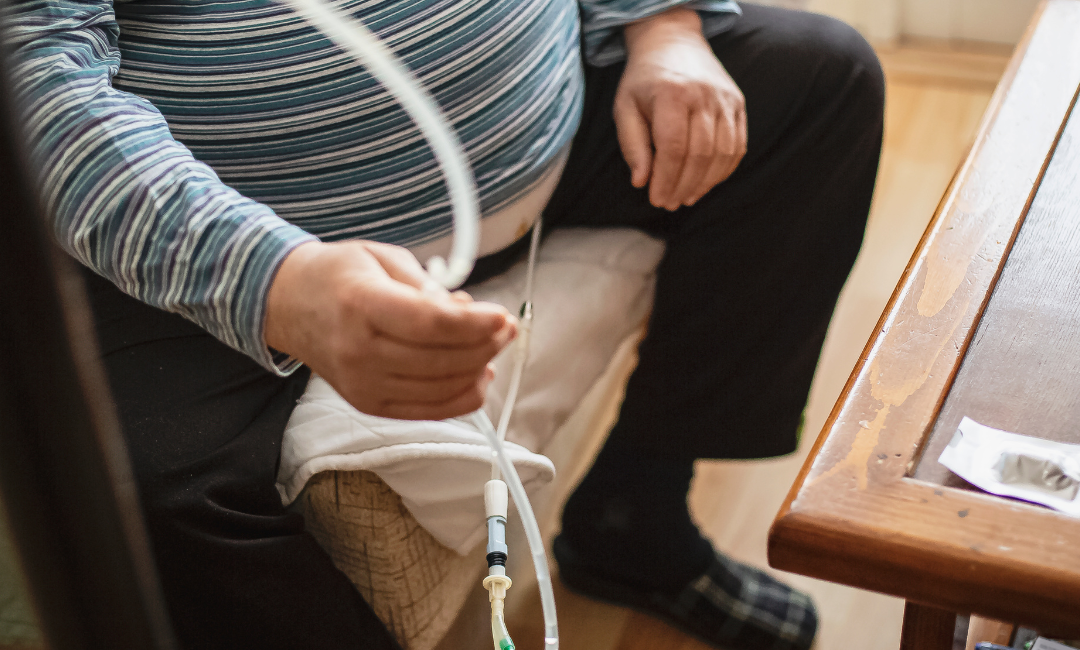Types of Gastritis
Gastritis is the inflammation of the mucosal membrane of the stomach. It can occur in one region or it can consist of patches in many areas. Typically, it is limited to the mucosa, but sometimes it involves deeper linings of the gastric wall.
There are two classifications of gastritis:
- Acute Gastritis – most common form is acute hemorrhagic gastritis, also known as acute erosive gastritis. That is usually caused by Helicobacter pylori, which can also lead to chronic gastritis.
- Chronic Gastritis – involves superficial gastritis, atrophic gastritis, and gastric atrophy. Chronic gastritis can be further classified into type A and type B gastritis. In Type A gastritis, the body of the stomach, the fundus is involved, rather than the antrum. Type B gastritis is a more common non-autoimmune inflammation of the stomach lining and primarily involves the antrum but can affect the entire stomach as age increases.
Patients with chronic gastritis have an for gastric cancer or may develop chronic iron deficiency.
If untreated this condition can also lead to hemorrhage, shock, gastric perforation, gastrointestinal (GI) obstruction, and peritonitis.








